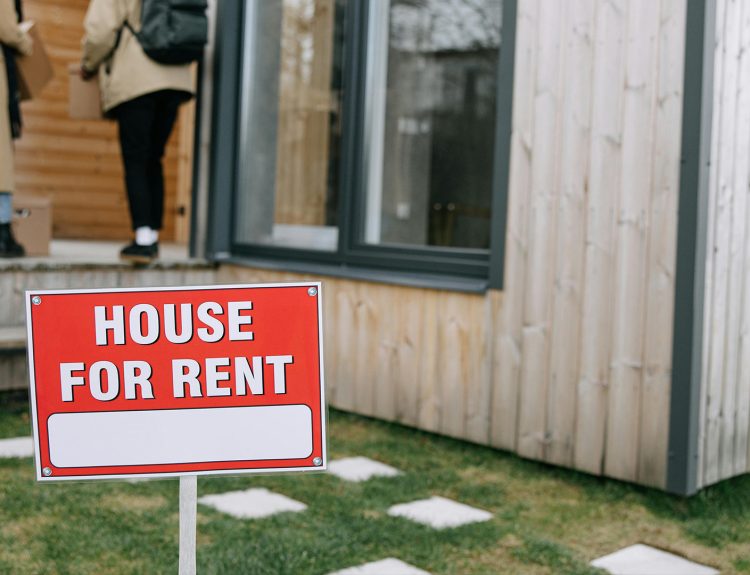America is an incredible country for a lot of reasons. There are many rights guaranteed in the Constitution that aren’t afforded even in other first-world nations, and beyond rights that are guaranteed by the constitution, there are a lot of perks that Americans take for granted which don’t come easily in other countries.
Benefits of Being an American
The right to an education is one of these benefits of being an American citizen. While not Constitutionally guaranteed, it’s generally accepted that as an American citizen, a minimum education will be provided for all citizens who qualify.

In fact, the idea of education is so important that it’s mandatory for parents to provide in all fifty states. It’s not specified the type of education that is required, simply that people who choose to have children are required that they are given some type of education as they are brought from adolescence to adulthood.
Public School is a Public Good
Public school is one method of educating children, one that is paid for through taxpayer dollars and is, therefore, free to the general public. State and federal dollars are dedicated to educating students in all states, and this facet of public funding is generally considered to be a general good to society.
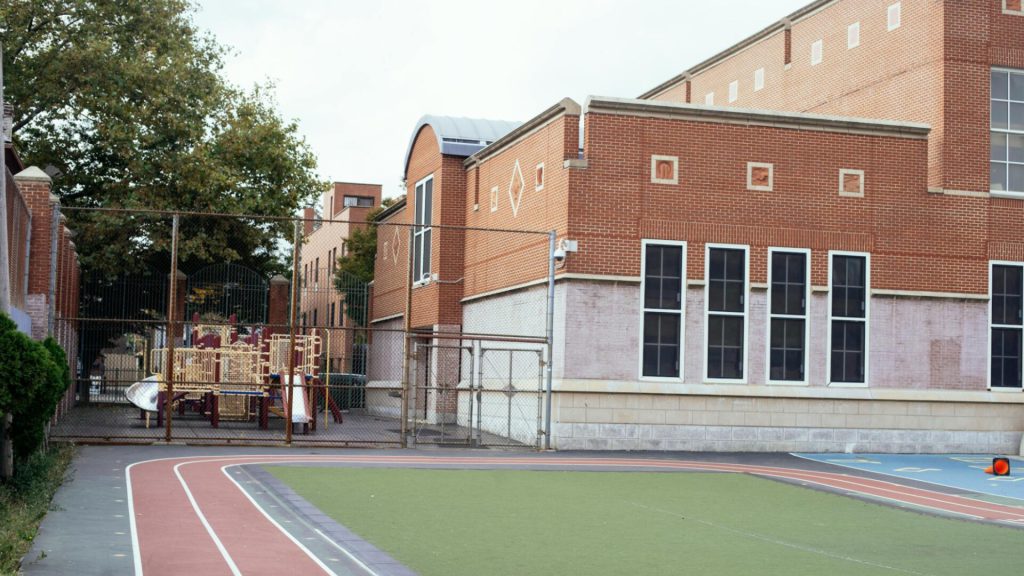
There are, of course, issues with public education. The quality of the education is largely dependent on location, given how funding is distributed to public schools. Zip codes with higher incomes have generally better schools than low-income areas, a pattern that many education advocates have pointed at as one of the major failings of the public school system.
The Choice of Public, Private, Or Homeschooling
While there are options for private education, expense means that they’re out of reach for many Americans. This leaves parents with the choice of a public school, which may be subpar due to underfunding, or homeschooling.
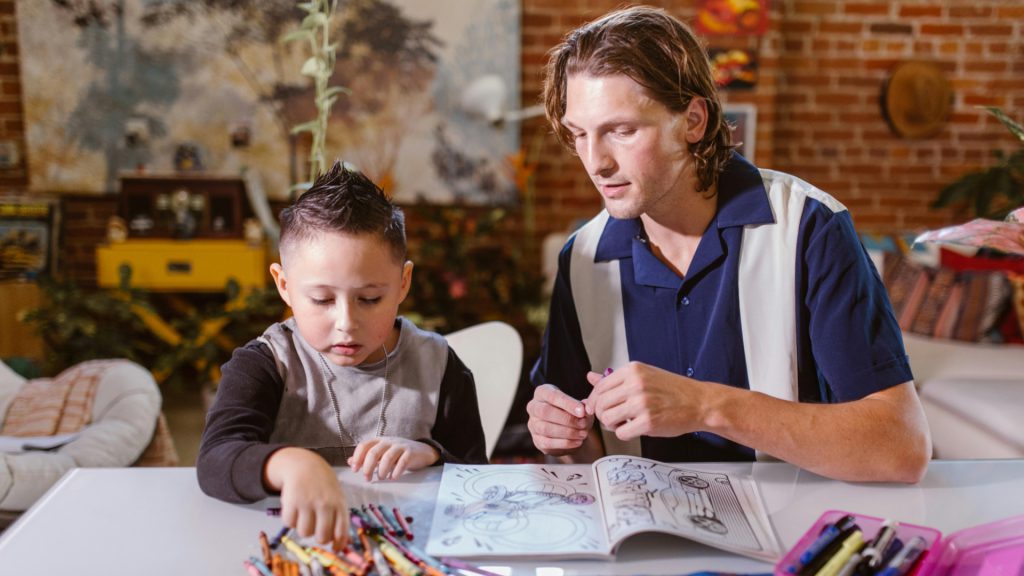
Homeschooling is an excellent option for some parents, who want to have a greater amount of control over their child’s education. There are dozens of homeschooling options that parents can choose from, and oftentimes the requirements for parents who choose to homeschool are fairly minimal.
A Significant Downside of Homeschooling
One of the major downsides of homeschooling as an option is that, by and large, it’s highly unregulated by the states. The decision to begin homeschooling is, in many cases, unmonitored, and once a parent makes the decision to teach their children from the comfort of their own home, they’re monitored even less by the appropriate authorities.

Critics of homeschooling as a practice have pointed to this lack of regulation as a risk factor to a less educated population. Educated workers are a boon to society, with progress only possible by those who are educated enough to push for better, and critics of homeschooling believe that the lack of any educational standards creates an environment for state-authorized uneducated children.
Standards are Unclear or Nonexistent
For parents who choose to homeschool, the standards that they are required to educate their children to are often unclear, or minimal. Meeting standardized testing requirements is sometimes the only bar to reach, and this leaves a lot of wiggle room for parents to determine how to best educate their children.

And there are many different ways to homeschool. Different curriculums and educational programs are available for parents to choose the specific way they want their kids to be taught, with different political, religious, and ideological leans to each different curriculum that can be purchased.
Different Curriculums for Different People
This is important because, of course, there are as many different reasons for homeschooling as there are people who decide to homeschool. Having one curriculum would significantly limit the number of people who would benefit from homeschooling, as well as create an environment much closer to the public education environment that these people are trying to escape.
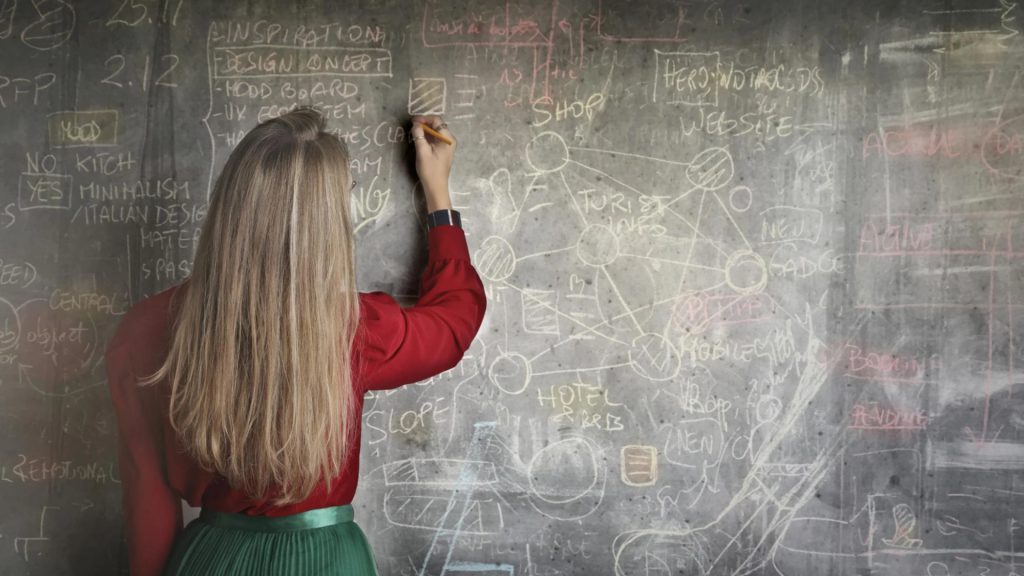
However, when looking at the different types of educational programs that are available, as well as the types of people who choose to homeschool, a disturbing pattern becomes clear, one that draws attention to another major flaw in homeschooling as a practice.
Introducing Heather Stark
Heather Stark, the co-founder of Grace and Grit, noticed this significant flaw when attending homeschooling conferences over the years. Grace and Grit sells a curriculum for homeschooling that aims to teach girls about women in history, inspiring them with positive traits and life lessons to learn from.

It’s an admirable goal, in a world where history often focuses on the men who have made a difference, far more often than the women. Prior to the pandemic, Stark and her partner would often partner with school to deliver the curriculum. After schools shut down, though, they found the homeschooling crowd, and discovered a new audience for their message.
Certain Types of People With a Problem
The company has a lot of supportive customers, but there is a certain subset of people who Stark has discovered have issues with her educational message. And this subset of people highlights one of the biggest issues with homeschooling.
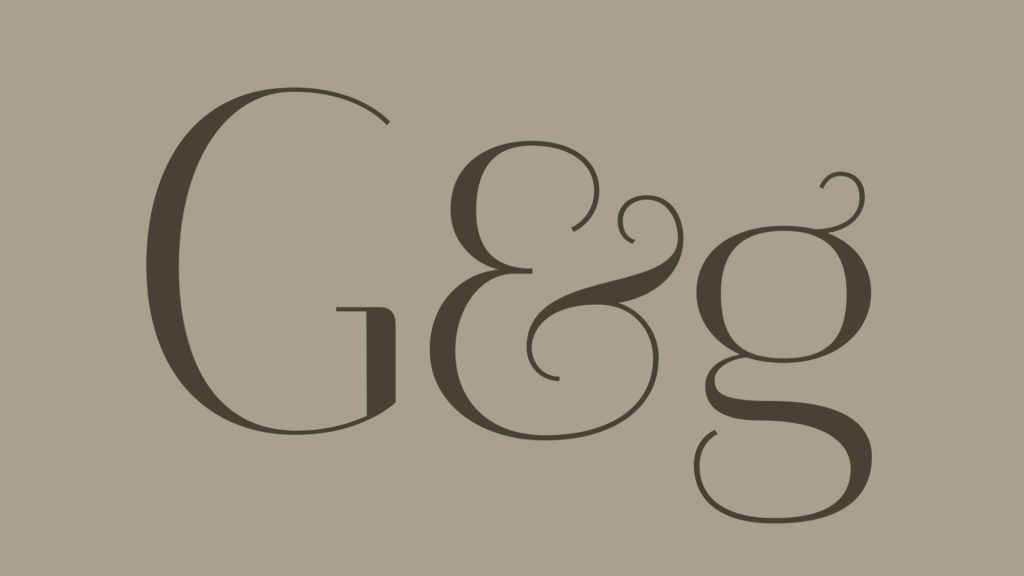
In her writings, Stark explains that in more than twenty different homeschooling conferences, there are always certain types of people who consistently have problems with her message. Conservatives. Religious individuals. Anti-establishment folk.
Different Individuals at Conferences
When detailing different encounters that she’s had with these types of individuals, she tells different stories. One woman who wanted her to talk about Biblical characters, after being told explicitly that Stark’s curriculum focused on historical fact, rather that the parables that are in the Bible.

Other women who asked Stark what her angle for education was. Whether it was feminist, or whether it was “liberal” or “woke.” Stark explains that she’s generally very careful with these types of people, who are, more often than not, repeating talking points that they’ve heard without truly understanding what it is that they don’t agree with.
A Pattern of Political and Religious Education
As an educator, Stark was shocked to discover the various opinions that became obvious in the homeschooling crowd after spending some time with them. While Stark’s educational system is not political or religious in any way, that is not the norm for homeschooling.

In fact, a significant portion of parents choose to homeschool their children because they think that there should be more religion in children’s education, or because they don’t like the “liberal” lean that conservatives believe public schools are veering towards.
The Biggest Flaw in Homeschooling
And this pattern highlights what could be seen as the biggest flaw in homeschooling today. One of the major benefits of public school for children is the socialization that they get to experience. Understanding other people’s lives in a way that fosters empathy is a very important milestone for many children, and public school is an excellent pathway to this sort of social and emotional education.
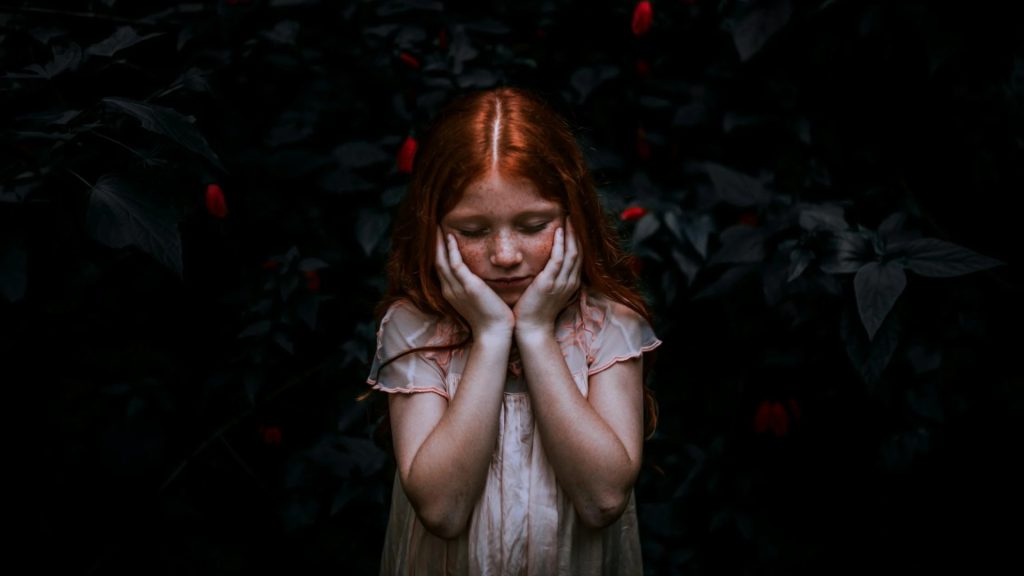
Individuals who are homeschooled are locked into a much smaller world, one that is much more narrow and rigid as far as what ideas they’re exposed to. This creates a sort of echo chamber for children who are homeschooled, especially due to the fact that homeschooling has few requirements for curriculum that would create the same sort of worldly knowledge or empathy that could be gained with a public school education.
Musing on Curriculum
Stark muses on this in her writings on homeschooling conferences in the years since the pandemic. In Texas, one woman purchased everything that she had to sell, and then told Stark that the wide diversity and inclusion that her curriculum promoted was not one that was seen in homeschooling circles.
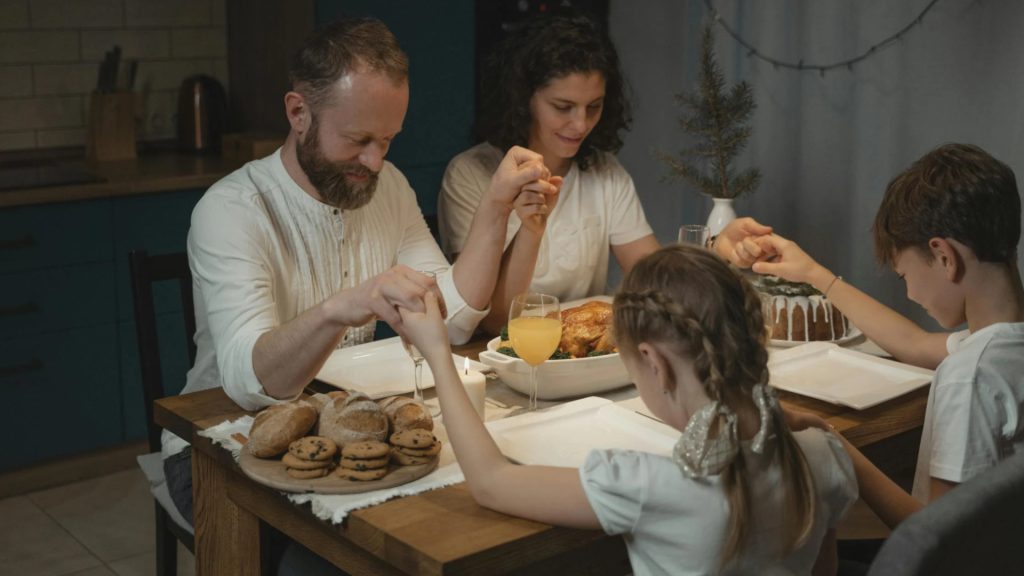
Instead, oftentimes the types of curriculum and education that are being sold are faith-based, racist, or narrow-minded. More recently, Stark has noticed a rise in politically-based educational systems as well, with individuals selling to homeschooling parents often skewing conservative, generally from a far-right lean.
Shocking Patterns, Consistent Patterns
These patterns are shocking, and a scary prospect for individuals seeking to homeschool their children. Parents who homeschool their children are often anti-establishment, anti-government, and generally vote conservative, meaning that there’s little room for support if someone wants to educate their child in a different way.
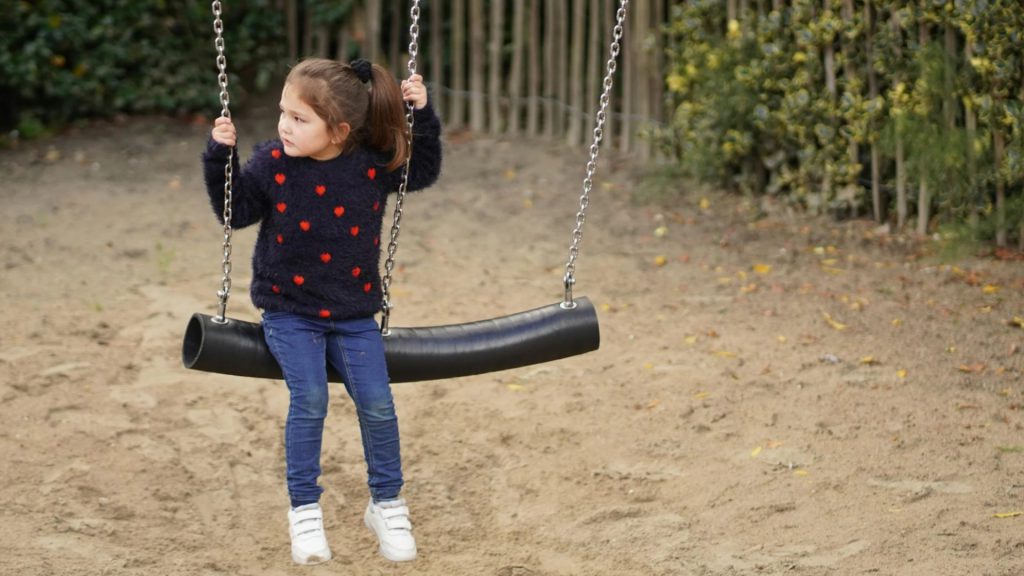
This isn’t a pattern that seems likely to change. The reasons that these individuals choose to homeschool are often the exact factors that make homeschooling problematic in the first place, and these won’t change without widespread reform. Unfortunately, the current state of homeschooling means that children are often falling through the cracks, and even educators like Stark can’t dramatically alter the tide.




